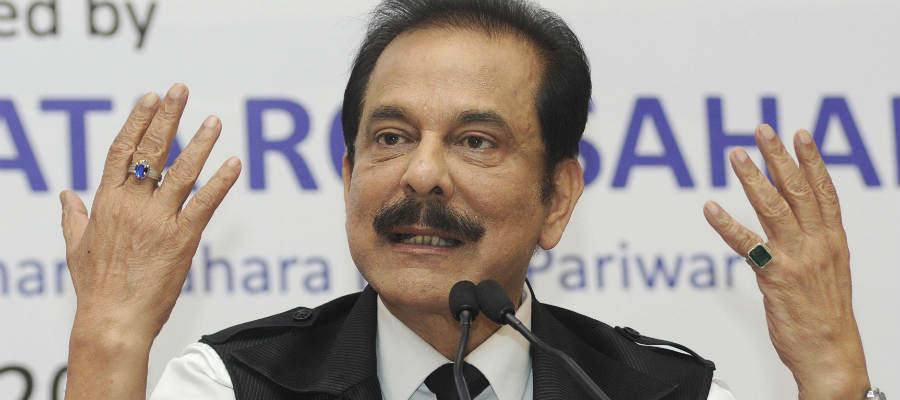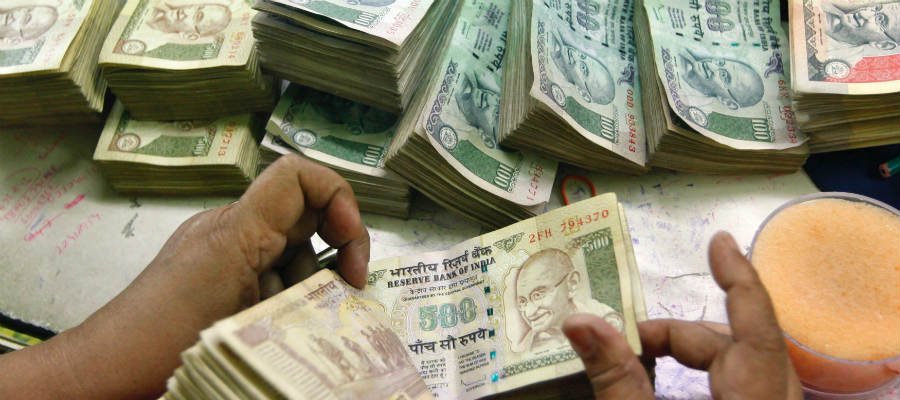BY ARUN AGRAWAL
For the umpteenth time, Karan Thapar, on his TV show The Last Word, was bashing the government on the Vodafone tax issue. This time (May 9, 2012) he had four guests having similar views and each guest was trying to outdo the other on the unfairness of the retrospective amendment and the grave consequences on FDI etc.
By now, one thought, Mr Thapar would have known that a good interview is one where the interviewer asks the right questions but somehow he never gets around to asking the right questions. So here is a list of questions on the Vodafone deal involving Rs 11,000 crores plus of public money that Mr Thapar will never ask. The answer to the question is in the question itself.
- Is there a saving clause in the Vodafone-Hutch agreement that states that if Vodafone is made to pay the income tax on the Rs 45,000 crores gain made by Hutch, then Hutch will indemnify Vodafone for it? It is a clause that even a first year law intern will not miss.
- Is it possible to believe that the lawyers who were paid multi-million dollar fees by Vodafone failed to insert the saving clause?
- Is it not true that Hutch has been following the Vodafone case in the Supreme Court through its representatives? If, yes then why?
- Its never been written about so far, but something that would be of intrigue to a lot of Vodafone case observers. From Day 1 of the dispute, in Bombay HC to the SC hearings underway, Hutch representatives have been present in the courtroom. One of them is a foreigner and one an Indian and they are given company in court by their tax advisor in India (one of the Big 4 firms). The Hutch representatives do not sit with Vodafone employees nor are they seen mingling with them (over half a dozen senior Vodafone employees from overseas too are attending the hearing). But they diligently take down notes of the court proceedings and at times do display emotions when some arguments are made.
- The big billion dollar question then: Is the interest of Hutch in this case merely ‘academic’ or are they liable to reimburse Vodafone in case it loses the case in SC? The existence of a tax deed between Hutch and Vodafone is well known but whether that entitles Vodafone to claim reimbursement of a potential $2 billion tax liability is not too clear. But that discussion is for another day…
- Why is it then that Vodafone is being made to be shown as innocent victim on whom this huge tax liability has fallen? Is it not true that the ultimate liability will fall on Hutch? Why is the media deliberately promoting the myth of the liability falling on Vodafone?
- Is it not true that while Hutch, in its initial filing with US regulator, stated that it was selling 52% of the shares to Vodafone in Hutchinson-Essar?
- Is it not true that Hutch applied for permission from FIPB for sale of 67% of equity?
- Is it not true that Hutch tried to cover up its 15% benami transaction as indirect equity and that indirect equity is not recognized in Companies Act?
- Is it not true that Hutch held 15% excess equity through three Indian benamis and was in violation of FDI ceiling of 74% (22% of shares were held as FDI by Essar).
- Is it not true that this 15% equity was not declared to the Indian authorities earlier?
- Is it not true that this benami equity of 15% held in India and described as indirect equity too was sold by Hutch to Vodafone for a profit of Rs 9000 crores and no tax paid on it?
- Is it not true that Hutch paid Rs 1700 crores to Essar group by cheque to get the deal cleared by the Indian authorities and also not to object to the deal?
- Is it not true that Chidambaram cleared the deal without collecting the tax on it?
- What would be the fate of Chidambaram, Analjeet Singh and Essar if there was a genuine CGI investigation into the FIPB clearance?
- Is it not true that Vodafone has been increasing its stake in the indirect equity through gross under-valuation of the value of the shares?
- Can a poor country like India afford to forgo taxes worth Rs 11000 crores plus on assets held in India?
- Do the likes of Narayana Murthy and his ilk who are defending Vodafone paid even 5% in taxes and charity? Most of their wealth is from capital gain and dividend income which is tax free. Why should we listen to their lectures on taxation and also that of smart lawyers who have never argued a PIL?
- What was the impact on FDI when Enron and Cogentrix left? So why use the discredited argument to scare people?
- How many of the speakers on Mr Thapar’s show have been in conflict of interest on account of investment through Mauritius route or advising on it?
Do end justify means? The last one should be easy to answer: It all depends on whose ends.
(Arun Agrawal is the author of the book Reliance: The Real Natwar. The opinions expressed by the author and those providing comments are theirs alone, and do not reflect the opinions of Canary Trap or any employee thereof)

